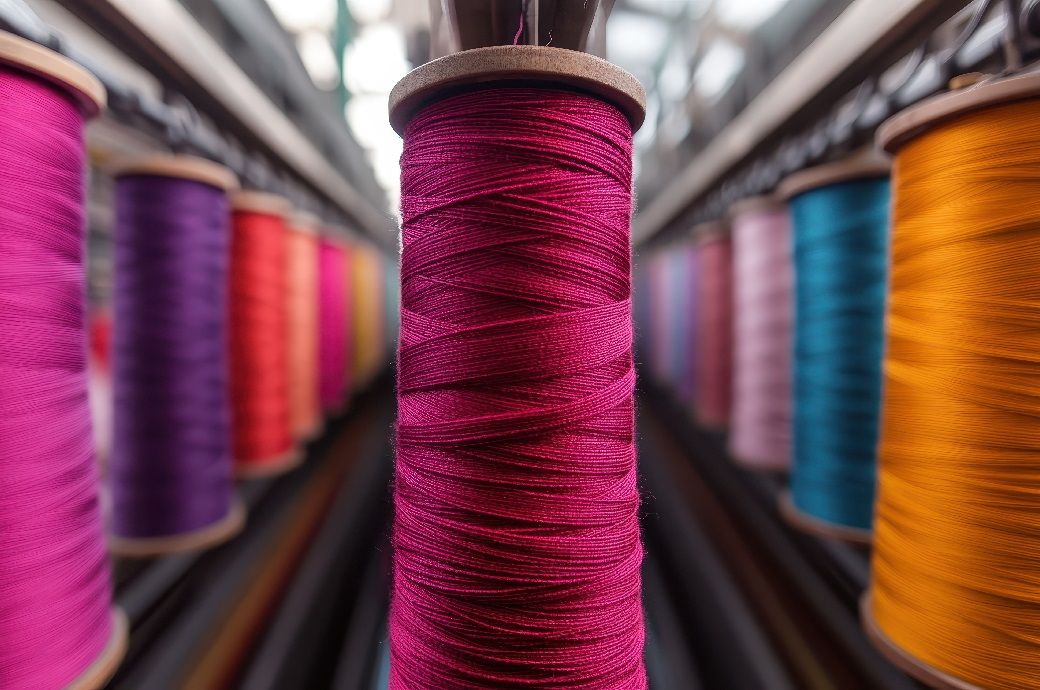
Conversely, the weaving and knitting industries oppose these demands, stating that several varieties of nylon yarn are either not produced domestically or suffer from quality issues. They have also accused the NSA of attempting to monopolise the market and exploit the situation by limiting imported supplies.
In a letter addressed to Union Textile Minister Giriraj Singh and other ministry officials, the NSA stated that the domestic nylon industry is suffering significant losses due to the influx of cheaper Chinese supplies that have captured the local market. The domestic production capacity for nylon yarn exceeds consumption, and production levels are sufficient to meet the country's demand. Over the past six years, the industry's capacity has increased by 15 per cent annually due to regular new investments.
The NSA cited trade data, noting that before the removal of the anti-dumping duty on nylon filament yarn, Chinese supply accounted for just 1 per cent of the market, but this figure has surged to over 85 per cent in the past six years. Chinese imports have increased more than 80-fold in the past seven years till 2023.
The NSA has claimed that China is dumping additional quantities of low-quality, sub-standard nylon yarn at cheaper prices in the Indian market. As a result, they believe it is urgent to implement corrective measures such as the QCO, anti-dumping duty, or a 10 per cent basic customs duty, as well as to restrict imports, to protect the domestic industry from further losses and potential closures. Two companies have already shut down due to unviability. Currently, upstream products, including nylon filament yarn and nylon industrial yarn, attract a 5 per cent basic customs duty, while nylon fabric and tyre cord fabrics are subject to a 20 per cent duty.
On the other hand, the weaving industry has expressed differing viewpoints in response to the ministry’s request for feedback from the downstream industry regarding the NSA's demands.
Gujarat’s Surat-based cooperative body, Pandesara Weavers Cooperative Society Limited, stated in a letter to the Minister Singh and other ministry officials, “Indian producers do not produce several varieties including 300/10 Round mother yarn, 250/10 round Bright mother yarn which are widely used in warp knitting sector. If these yarns are produced in limited quantity, its quality is very inferior. Fabric manufacturers are bound to face losses due to rejection of finished goods. Buyers reject consignments complaining variations in dyeing and other defects. Domestic manufacturers failed to solve the issue and abandoned their plans. They also import around 28 per cent yarn from China and supply at a premium in the local market.”
The cooperative body of weavers further claimed that domestic yarn supply does not meet international standards of quality. It alleged that the NSA’s primary aim is to form a cartel to raise nylon yarn prices, similar to what occurred in the polyester segment following the implementation of the QCO. As a result, members of the weaving and knitting industries are strongly opposed to the NSA’s demands. They have requested that these demands be rejected, as they would restrict competition and limit access to raw materials preferred by weavers and knitters.
Now, the final decision rests with the ministry, which must navigate these conflicting demands and arguments from the entire textile value chain.
Fibre2Fashion News Desk (KUL)